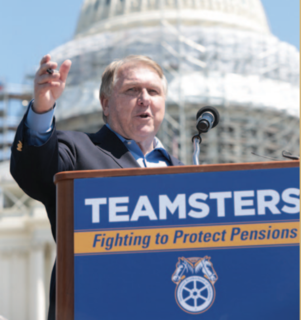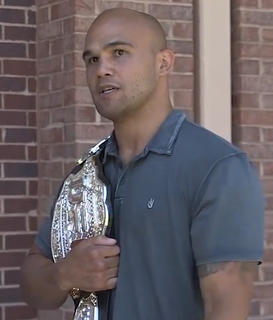A Quote by Steve Ells
Being in compliance with industry standards is less than 5 percent of what companies need to do to make food safe. Company after company finds that out after they have events.
Related Quotes
When you're in a start-up, the first ten people will determine whether the company succeeds or not. Each is 10 percent of the company. So why wouldn't you take as much time as necessary to find all the A players? If three were not so great, why would you want a company where 30 percent of your people are not so great? A small company depends on great people much more than a big company does.
Grieving, like being blind, is a strange business; you have to learn how to do it. We seek company in mourning, but after the early bursts of tears, after the praises have been spoken, and the good days remembered, and the lament cried, and the grave closed, there is no company in grief. It is a burden borne alone.
Some years ago one oil company bought a fertilizer company, and every other major oil company practically ran out and bought a fertilizer company. And there was no more damned reason for all these oil companies to buy fertilizer companies, but they didn't know exactly what to do, and if Exxon was doing it, it was good enough for Mobil and vice versa.
Part of what the food industry does with public relations, just like the chemical industry or the oil industry, is to try to erase their fingerprints from their messaging. So when consumers hear about a recent effort like the "food dialogues" put on by a group called the US Farmers and Ranchers Alliance, do they know necessarily that these "dialogues" are being funded by companies like Monsanto, a large chemical company and the controller of most of the patents on genetically modified seeds? No, they don't.
A research group found that 56 percent of major companies surveyed in the late '80s agreed that 'employees who are loyal to the company and further its business goals deserve an assurance of continued employment.' A decade later, only 6 percent agreed. It was in the '90s that companies started weeding people out as a form of cost reduction.

































